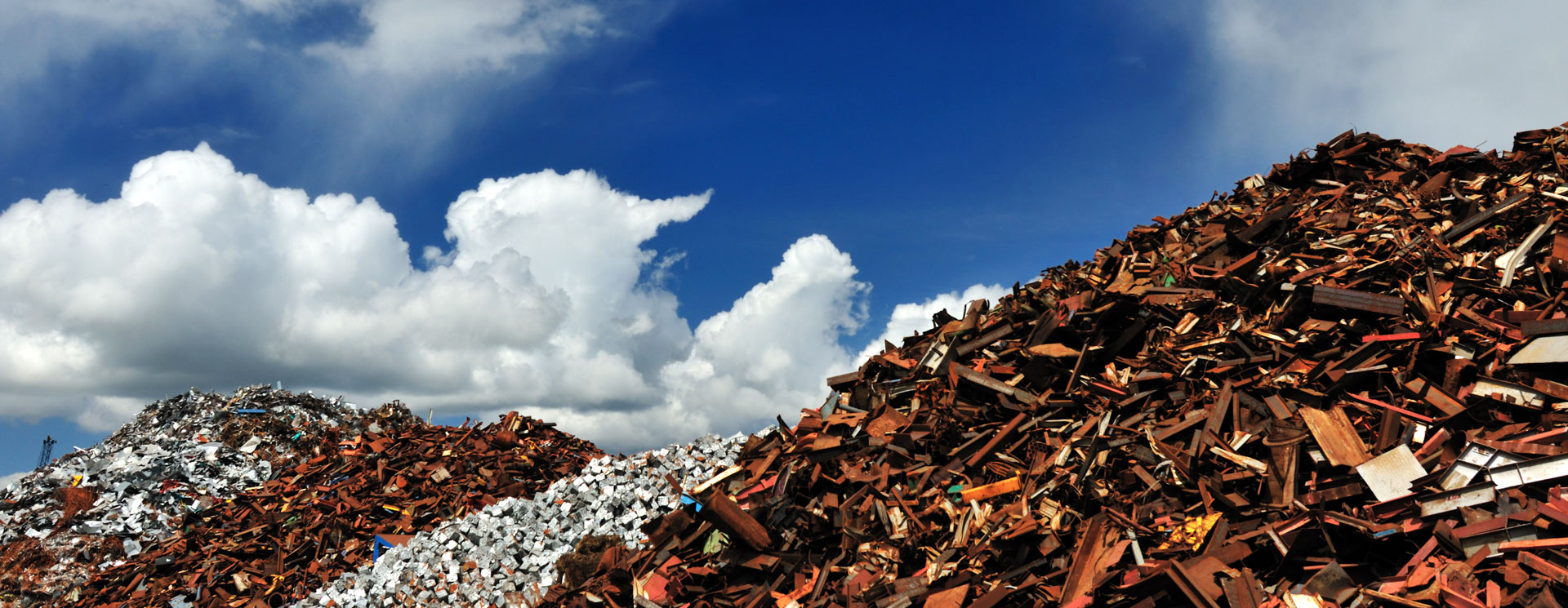
Raw Material Shortage Looms Over Steel Industry

Mostafa Moazzenzadeh explains that Iran’s scrap iron sources are running out, and unless the mineral exploration projects underway lead to new iron ore reserves, import of iron ore appears to be inevitable.
“Steel capacity expansion will no longer be economical if we start importing iron ore,” Eghtesad News quoted Moazzenzadeh as saying.
Iranian steel mills need 6 million tons of scrap metal per year to reach the 55-million-ton output target stipulated in the Vision Plan.
By using scrap iron, steelmakers can save on energy and raw material. It also has the added benefit of reduced pollution. Every ton of new steel made from scrap iron saves 1,115 kilograms of iron ore.
However, in the absence of scrap iron, steelmakers have no option but to resort to mineral reserves. But Iran’s iron ore riches, although sizable, is inadequate to meet the ambitious capacity expansion target.
Iran accounts for about 3% of the global iron ore reserves estimated at 4.5 billion tons.
Given the ministry’s iron ore concentrate and pellet production goals by 2025, Iran’s iron ore reserves will be depleted in less than 28 years, that is if iron ore producers manage to boost their current 30.4 million-ton capacity and maintain the output in a globally turbulent commodity market.
According to the roadmap set by the Industries Ministry, iron ore concentrate production capacity should reach 50 million tons by the end of 2018, 71 million tons by 2021 and 72 million tons by 2025.
Pellet-making capacity is also stipulated to rise to 48 million tons by 2018, 82 million tons by 2021 and 85 million tons by 2025.
All eyes are on Iranian Mines and Mining Industries Development and Renovation Organization’s mineral exploration projects. The organization undertook an operation in 2013 to explore over 250,000 square kilometers of the country’s area over a course of three years. More than 400 million tons of proven iron ore reserves have been discovered so far and the project is scheduled to conclude by the yearend.
Sangan Iron Ore Mine, located in Khorasan Razavi Province, is home to Iran’s largest and the world’s ninth largest iron ore reserves, estimated at about 1.2 billion tons. It has the capacity to produce 15 million tons of iron ore pellets and 17.5 million tons of concentrate annually, according to Ali Seddiqifar, managing director of Sangan Iron Ore Complex.
Currently, three iron ore concentrate production plants, each with production capacities of about 2.5 million tons per year, and a pellet plant with a 2.4-million-ton capacity are under construction in the region.


Trump weighs using $2 billion in CHIPS Act funding for critical minerals

Codelco cuts 2025 copper forecast after El Teniente mine collapse

Electra converts debt, launches $30M raise to jumpstart stalled cobalt refinery

Barrick’s Reko Diq in line for $410M ADB backing

Abcourt readies Sleeping Giant mill to pour first gold since 2014

Nevada army depot to serve as base for first US strategic minerals stockpile

SQM boosts lithium supply plans as prices flick higher

Viridis unveils 200Mt initial reserve for Brazil rare earth project

Tailings could meet much of US critical mineral demand – study

Kyrgyzstan kicks off underground gold mining at Kumtor

Kyrgyzstan kicks off underground gold mining at Kumtor

KoBold Metals granted lithium exploration rights in Congo

Freeport Indonesia to wrap up Gresik plant repairs by early September

Energy Fuels soars on Vulcan Elements partnership

Northern Dynasty sticks to proposal in battle to lift Pebble mine veto

Giustra-backed mining firm teams up with informal miners in Colombia

Critical Metals signs agreement to supply rare earth to US government-funded facility

China extends rare earth controls to imported material

Galan Lithium proceeds with $13M financing for Argentina project

Kyrgyzstan kicks off underground gold mining at Kumtor

Freeport Indonesia to wrap up Gresik plant repairs by early September

Energy Fuels soars on Vulcan Elements partnership

Northern Dynasty sticks to proposal in battle to lift Pebble mine veto

Giustra-backed mining firm teams up with informal miners in Colombia

Critical Metals signs agreement to supply rare earth to US government-funded facility

China extends rare earth controls to imported material

Galan Lithium proceeds with $13M financing for Argentina project

Silver price touches $39 as market weighs rate cut outlook

















